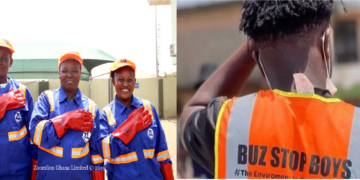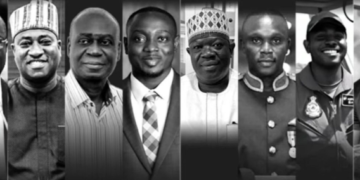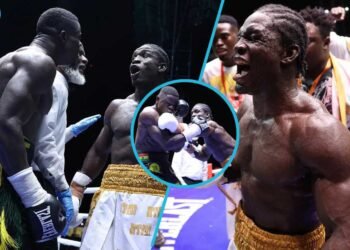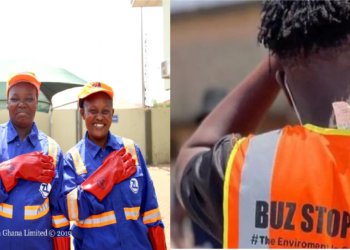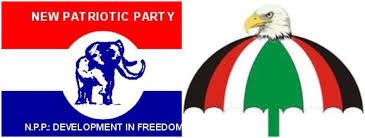

The presidential elections in Ghana are shaping up to be the third act of the ongoing political rivalry between incumbent President Nana Akufo-Addo of the New Patriot Party (NPP) and former President John Dramani Mahama of the National Democratic Congress (NDC). Mahama won when the two ran against each other in 2012. Akufo-Addo returned to claim victory in 2016. The margin in the 2012 elections was particularly close, involving an appeal and a Supreme Court ruling to determine the winner.
The election in 2020 is expected to be similarly close, focusing on sustaining the middle-income country’s continued economic development (averaging 6 percent annual growth), financial sector reform, control of corruption, equity, and job creation.
Despite the previous hard-fought campaigns, both political leaders distinguished themselves by working through the courts to adjudicate their differences—and ultimately graciously accepting defeat. These actions have set admirable precedents for how another close election would be handled. This cannot be taken for granted, however. Emotions can again be expected to reach a fever pitch, and all sides will need to exercise restraint and uphold buffers that prevent these emotions from spilling over into violence.

Ghana has a relatively strong set of institutions surrounding its elections that should strengthen these buffers. The Electoral Commission has earned a reputation as a credible and independent body, which has helped the competing parties accept the results as valid while reinforcing the legitimacy of the outcome. Ghana has an active civil society that has facilitated a culture of debate and dialogue among the competing actors. This has helped to focus the differences between the parties on issues of policy and vision, rather than personal attacks. Likewise, security actors (primarily the police, though with support from the army), working closely with the Electoral Commission, have gained valuable experience in protecting the electoral process in a professional, apolitical manner so as to facilitate citizen participation and safety.
Despite this institutional legacy, opposition parties have claimed that the NPP has been eroding the independence of the Electoral Commission and the courts. Recent years have also seen increased pressure on civil society and the media. In 2019, investigative journalists in Ghana have had their offices raided and have been detained and murdered—previously unimaginable actions in Ghana. Positively, 2019 also saw the passage of Ghana’s Right to Information law—the culmination of a two-decade effort to expand access to information from—and therefore improve oversight of—public institutions.

Ghana’s 2020 elections will be a test for the resiliency of Ghana’s institutions. It also stands as a reminder that the process of democratic consolidation is a long one—and that progress cannot be taken for granted, lest previous gains be lost.



